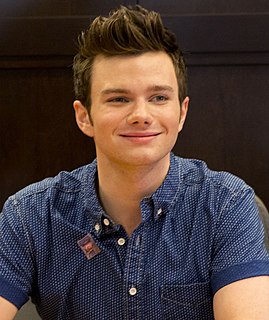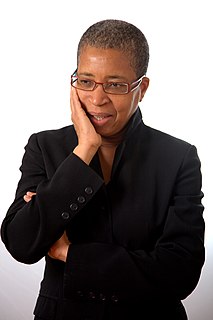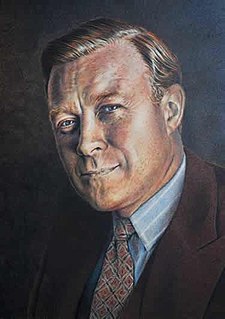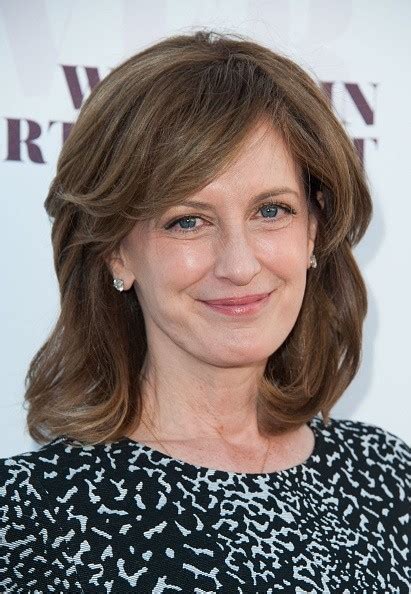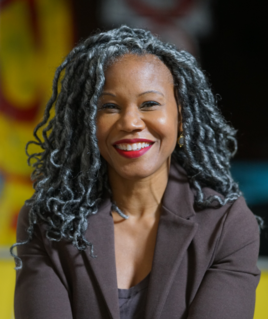A Quote by Daniel H. Pink
I think people get satisfaction from living for a cause that's greater than themselves. They want to leave an imprint. By writing books, I'm trying to do that in a modest way.
Related Quotes
I want to see children curled up with books, finding an awareness of themselves as they discover other people's thoughts. I want them to make the connection that books are people's stories, that writing is talking on paper, and I want them to write their own stories. I'd like my books to provide that connection for them.
I'm always trying to tell fans to love themselves. I see them going through a ton of hardships on Twitter and being bullied. It's really important and easier said than done to take care of yourself. A lot of people put themselves out for others and don't really think about mending themselves. Sometimes, they get a little lost that way.
I can't say that you should extract this or that value from my books explicitly. They are up for interpretation. In terms of the obligation, I think we're all individuals on this planet, trying to scratch our way through the day, and if you're writing a book exposing atrocities in Rwanda or writing a murder mystery set in a mountain village, I think both ways of spending you time are valid and both books are probably fine to read.
That is why all great men are modest: they consistently measure themselves not in comparison to other people but to the idea of perfection ever present in their minds, an ideal infinitely clearer and greater than any common people have, and they also realize how far they are from fulfilling their ideal.

